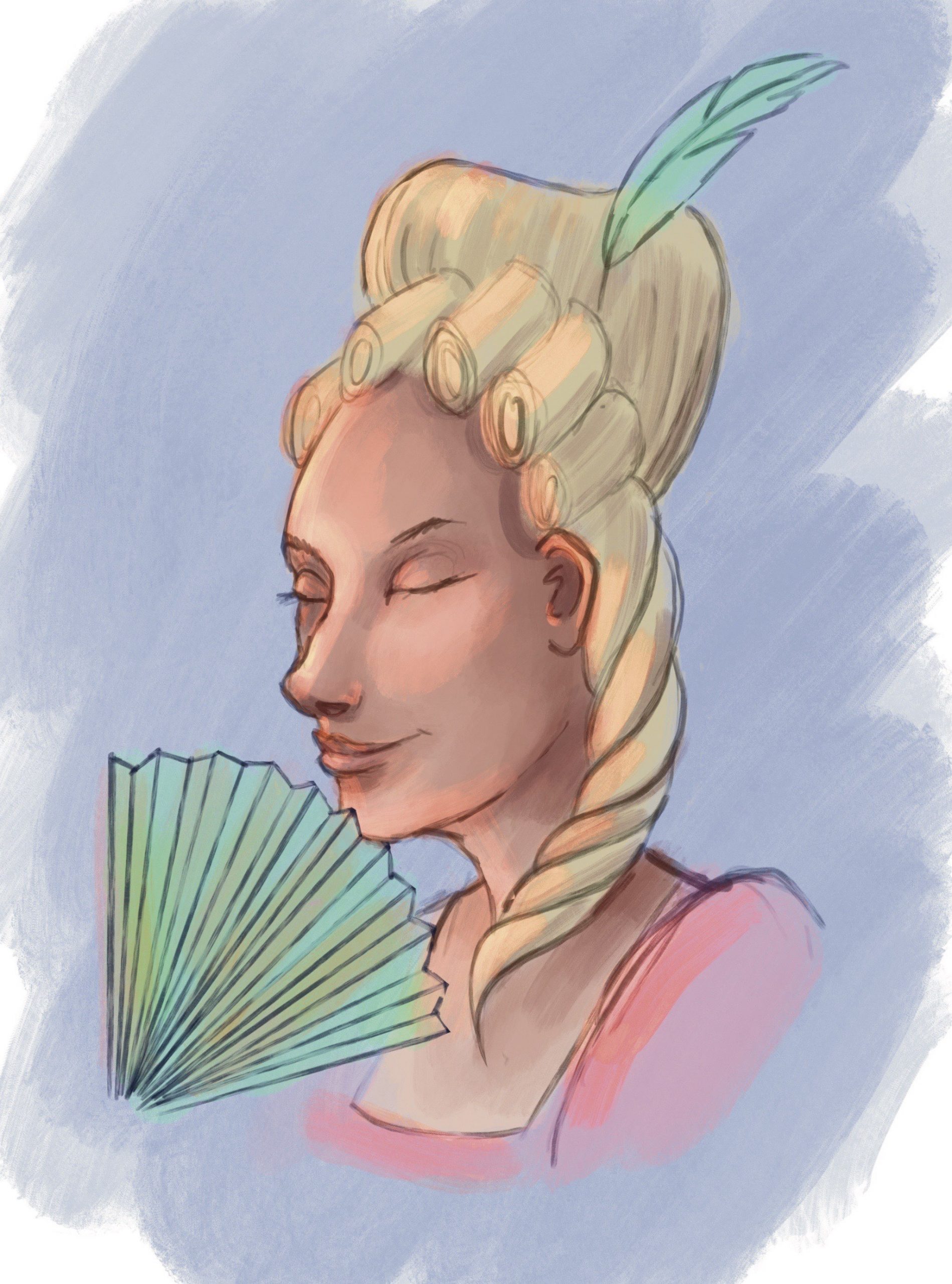With the upcoming release of ‘Priscilla,’ the topic of Sofia Coppola graces the spotlight once again. Perhaps you are a sceptic, due to Coppola’s romanticisation of age gap relationships in ‘Lost in Translation.’ Or maybe you find the dark themes in Coppola’s works to be worrying, especially when they typically centre on the lives of young, teenage girls – is it problematic for teens to be making edits and idolising the lives of the tragic Lisbon sisters? And, perhaps the most obvious criticism of all, Sofia Coppola’s privilege as a “nepo baby”; is she a good filmmaker or was it being the daughter or Francis Ford Coppola, the filmmaker behind ‘The Godfather’, that cemented her position in the film industry?
In spite of this, I am going to argue why her films deserve our attention. I am writing this article, in defence of Sofia Coppola.
Firstly, I believe a central focus point in the narrative of defending Sofia Coppola to be, women. Yes, women. More specifically, her careful treatment and curated lens for women in her films. Women of Sofia Coppola are characters with great depth and individuality. Her male competitors in the industry seem to take feminism back by decades through problematic depictions of women in film; Coppola, on the other hand, deconstructs the narrative of the male gaze. Through works such as The Virgin Suicides, which highlight the dangers of the objectification of women (the boys’ obsession with the severity of the girls’ mental illness ultimately drives the girls to their deaths), Coppola warns against the damages of the male perception.
Similarly, some of the criticisms of Coppola are unfair. The dark themes in Coppola’s work serve a crucial role and must be shared; they accurately reflect the struggles and experiences of being a teenage girl growing up in a punishing and complicated world full of unrelenting expectation. Such narratives aren’t damaging but, instead, grant insight into the experience of girlhood full of repression, hurt, and anger. Additionally, the idea of “girl mess” may not have been formed without Coppola’s contributions. Messy women, cherry red lipstick, Lana Del Rey, the coquette aesthetic, hell is a teenage girl: Coppola plays a crucial role in defining these loved aesthetic traits through her feminine and mesmerising cinematography.
Lastly, and perhaps most importantly, Sofia Coppola is an inspiration. Despite her “nepo baby” status, she is still challenged as a female director in an industry heavily dominated by men, where the voices of women are often suppressed, restricted, and underappreciated. Only 3 women have ever won the Academy Award for Best Director. This upcoming release of ‘Priscilla’ gives hope to aspiring young female directors hoping to receive the level of praise and respect that Coppola is garners in 2023. With a brilliant filmography full of complex female characters and extraordinary directorial skills, Sofia Coppola’s work has proven herself as deserving of her success, demonstrating that she is far more than just a “nepo baby.”
Illustration courtesy of Lucy Keegan.

